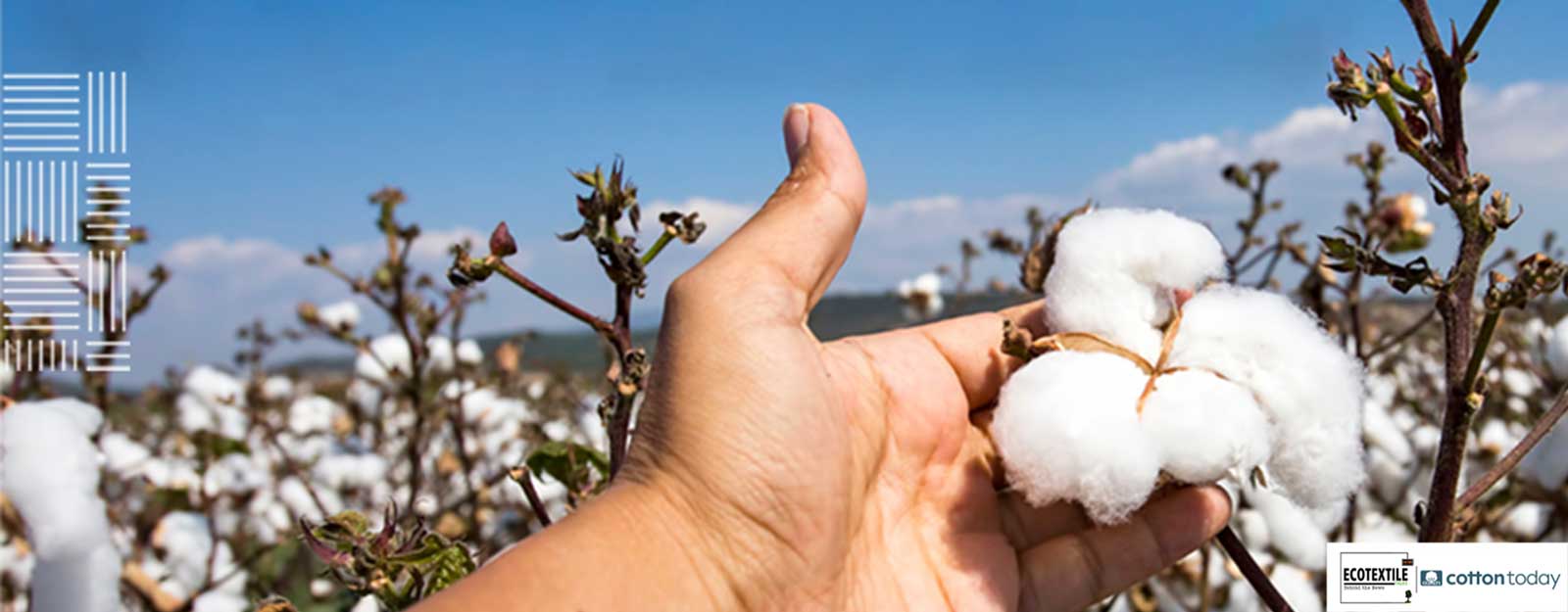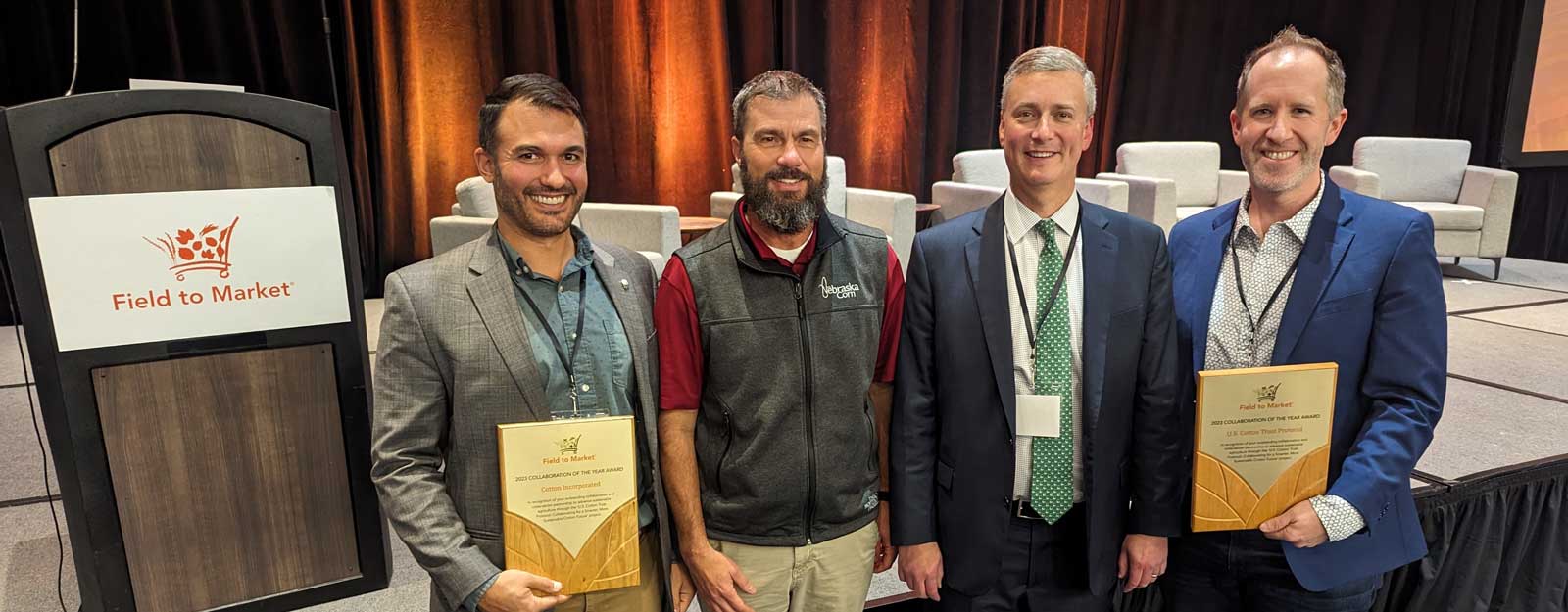When you think of cotton, you think of the fiber for clothing and personal care items. Did you know the FDA (Food and Drug Administration) regulates cotton as a food crop? The food service and restaurant industries have been using Cottonseed oil, a coproduct of cotton fiber production, for more than 100 years. Today, more advances are on the horizon, for making better use of the protein produced by the cotton plant, thanks to modern molecular biology.
Long-term research led by Tom Wedegaertner, director of cottonseed research and marketing for Cotton Incorporated, credits modern plant biotechnology (RNAi and a seed specific promoter) for creating a genetically-enhanced cotton plant, with gossypol production in the seed silenced. The plant retains normal levels of gossypol in all other plant tissues. This allows the cotton plant to:
- retain its natural defense mechanism against insects
- create a seed that is safe for human and animal consumption
Many plants use a natural chemical defense system to protect themselves from predators. Cotton’s natural defense is gossypol, a toxic compound that deters insects and is a cumulative toxin in animals. Through the magic of science, the new trait of this cotton plant (cottonseed without the toxin) allows us to use cottonseed as a protein source for people.
Wedegaertner estimates, the worldwide production of cottonseed protein is about 11 million tons. “Without gossypol, this is enough protein to satisfy the daily, basic protein needs (about 50 grams/person) of more than 600 million people for one year. Cotton is uniquely suited to serve as a source of both food and fiber for an ever increasing world population,” he notes.

Tom Wedegaertner, director of cottonseed research and marketing for Cotton Incorporated
Wedegaertner recently spoke at the Genetic Engineering and Society Center at North Carolina State University in Raleigh, N.C. about cottonseed research successes across the country and how the team is navigating the regulatory approval process.
“It’s advancements like this that will help improve global food security and cotton sustainability. This is reassuring for the research community,” says Wedegaertner.
To learn more about cottonseed research and innovations, visit Cotton Incorporated .



